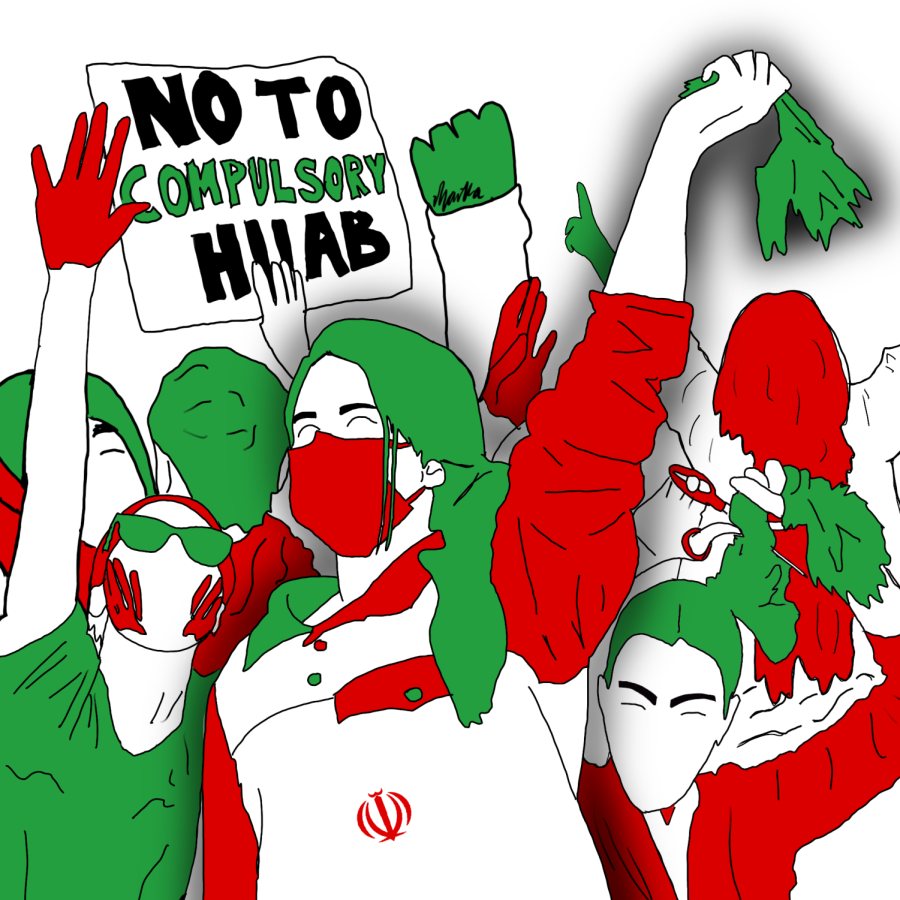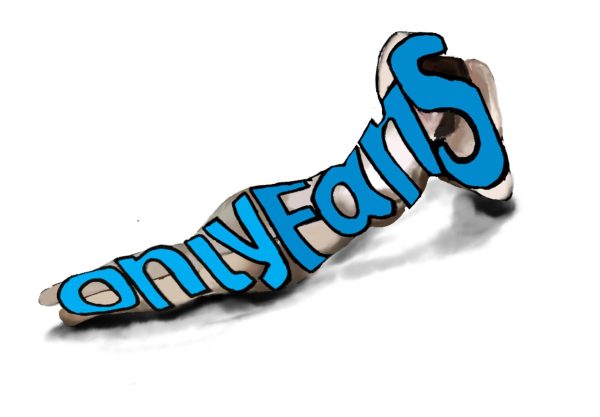Say Her Name!
Violent protests have broken out against the Iranian government because of a strict hijab law obliging women to wear headscarves and cover their legs and arms with loose clothing. Attempting to lessen the spread of the movement online, the Iranian government has blocked internet access in Tehran and Kurdistan. People in Iran, like everywhere else, have the right to peaceful protest, and this right must be protected under all circumstances. However, recent outbursts of protests may make people rethink what this principle means in Iran.
On September 16, Mahsa Amini was detained by Iranian police for wearing her hijab “improperly”. Days later, she was dead. A 22 year old and ambitious future doctor, Amini was on her way to Tehran for her last holiday before her microbiology course at university began. Whilst traveling with her family, she was stopped and arrested by police for breaking hijab-related law(s). Witnesses, including her 17-year-old brother Kiarash, claim she was repeatedly beaten in the police van and station. According to Amini’s father, Kiarash “begged them not to take her, but was beaten too, his clothes were ripped off”. The police, however, denied these allegations, and when her father demanded the officer’s body-camera footage, they claimed they were out of battery. Amini died days later in hospital. Officials said she died of a heart attack, however, the coroner’s report claimed that the ‘organ failure’ was a result of blows to the head and limbs.
These have been the most violent protests since the Iranian 2019 fuel price protests. Many protesters post their support and activism on social media, including videos of women cutting off their hair and burning their hijabs, all with the tag #SayHerName. Security forces have been working hard to reduce the aggression of the protests. While this sounds positive, it actually includes using tear gas, and chasing protesters with a truck that has a gun mounted onto it.
More recently, Evin prison―where many political prisoners are held, including protesters from recent demonstrations―was set on fire. Various footage shows flames, and many gunshots and explosions can be heard in the background. Over four prisoners died from smoke inhalation and 61 were injured. Iran’s public broadcasting services said the fire is not related to the recent protests, and that it was caused by a riot that happened in a part of the prison housing “petty criminals”. However, others believe the government is purposefully trying to kill anyone who goes against them.
Many innocent people, students, children, and athletes, are also being attacked by Iran’s police force. Elnaz Rekabi, a 33 year old Iranian rock climber, competed in a tournament in Seoul, South Korea, on October 16th, without a hijab. For the first three days after the competition, no one had heard from her. Neither her friends nor family could reach her, until she finally posted a story on Instagram on the morning of the 18th. In the story, Rekabi apologized for any concerns caused by her disappearance, also explaining: “Due to bad timing, and the unanticipated call for me to climb the wall, my head covering inadvertently came off”. Rekabi has returned to Tehran, and is reportedly under house arrest, further consequences are unknown. Some believe the government is attempting to avoid imprisoning her after a video of her climbing without her hijab went viral. Likewise, students were protesting at a number of universities, and one demonstration in particular at Sharif University, sparked violence. In various videos of this protest, security forces were shown firing tear gas to push students off campus, and the noise of what seemed to be shooting from a distance could be heard. Another clip showed security forces chasing students who were trapped in the university’s underground parking. Many students were also arrested.
Over 220 people have died as a result of these protests. Nearly two dozen of these deaths were children, some as young as 11. Nika Shakarami, 16, was beaten to death by regime forces at a protest. Asra Panahi was also 16 when she was beaten to death by security forces for refusing to sing a pro-Khamenei anthem, a song that glorifies the supreme leader of Iran, Ali Khamenei. Young women are dying everyday in their fight for freedom, so say their names, for they will not be overlooked.
Hey! I'm Emilia, I'm in year 12, and I joined The High two years ago. I love writing articles and short stories, as it gives me freedom to research and...




